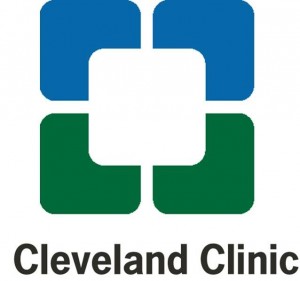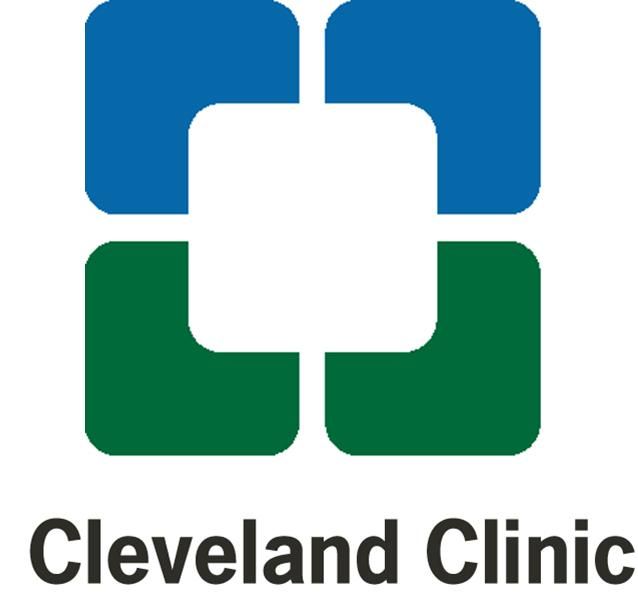 Immunotherapy was listed in Cleveland Clinic’s 9th annual list of top 10 medical innovations for 2015. This list, selected by a panel of 110 Cleveland Clinic physicians and scientists, includes innovations in the medical field that are thought to have a major impact on improving patient care in 2015.
Immunotherapy was listed in Cleveland Clinic’s 9th annual list of top 10 medical innovations for 2015. This list, selected by a panel of 110 Cleveland Clinic physicians and scientists, includes innovations in the medical field that are thought to have a major impact on improving patient care in 2015.
Antibody-drug conjugates
Even though chemotherapy is the only possible form of treatment currently available for certain types of cancers, it can cause great harm to normal tissues in the body. A new class of potent drugs exists, called antibody-drug conjugates, which are designed to treat certain advanced cancers that have spread to other parts of the body (metastasized). This kind of immunotherapy uses antibodies that can specifically bind to the surface of cancer cells, preventing them from proliferating and ultimately resulting in cancer cell death. Antibody-drug conjugates are becoming an important and viable approach to treat cancer that can avoid damage to healthy tissues.
Immune checkpoint inhibitors
These are intravenous immune modulators that effectively block the action of proteins that act as checkpoints, allowing cancer cells to hide from the immune system and continue to spread and survive. This is a unique approach that boost the patient’s own immune defenses, and is producing surprisingly good results with available new drugs in clinical trials already in advanced testing stages.
When combined with existing chemotherapies and radiation therapy, these immunotherapeutic drugs can provide significant long-term cancer remissions in patients with metastatic melanoma. Furthermore, more evidence is being gathered suggesting immune checkpoint inhibitors will be efficient in other types of cancers.
In addition to immunotherapy, other top 10 medical innovations include mobile stroke unit, whereby in-hospital stroke neurologists can interpret symptoms via broadband video link, while a paramedic at the local can evaluate and administer t-PA after a patient has suffered a stroke; dengue fever vaccine; cost-effective, fast, painless blood testing; inhibitors for cholesterol reduction; leadless cardiac pacemaker; new drugs for idiopathic pulmonary fibrosis;single-dose intra-operative radiation therapy for breast cancer; and a new angiotensin-receptor neprilysin inhibitor for heart failure.
The Cleveland Clinic, Ohio, was founded in 1921 and is responsible for pioneering several medical breakthroughs, such as coronary artery bypass surgery and the first face transplant in the United States, being listed among one of the country’s best hospitals, according to the annual “America’s Best Hospitals” survey.


